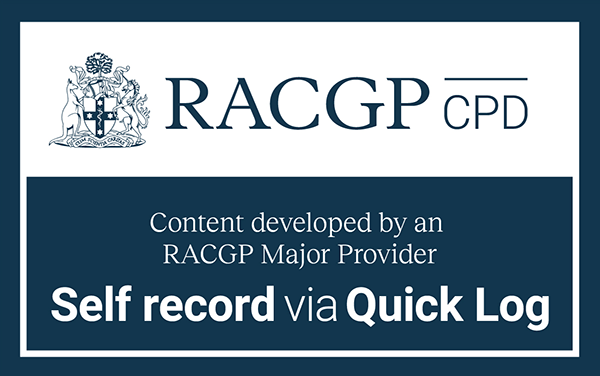Pertussis, also called whooping cough, is a highly infectious respiratory disease caused by the bacterium Bordetella pertussis. Pertussis epidemics usually occur every 3-4 years in Australia
Credits: 1 hour Educational Activity
Credits: 3.5 hours Measuring Outcomes
Credits: 0.5 hours Reviewing Performance
Credits: 1 hour Educational Activity
Credits: 3.5 hours Measuring Outcomes
Credits: 0.5 hours Reviewing Performance
Credits: 4 hours Educational Activity
Credits: 0 hours Measuring Outcomes
Credits: 0.5 hours Reviewing Performance
Credits: 1 hour Educational Activity
Credits: 3.5 hours Measuring Outcomes
Credits: 0.5 hours Reviewing Performance
This activity focuses on defining neuroendocrine tumour (NET) as a cancer, as well as on the signs, symptoms and classifications of NETs.
Credits: 5 hours Educational Activity
Credits: 0.0 hours Measuring Outcomes
Credits: 0.0 hours Reviewing Performance
This activity focuses on the complex needs of patients presenting with chronic non-cancer pain (CNCP).
Credits: 6 hours Educational Activity
Credits: 0.0 hours Measuring Outcomes
Credits: 0.5 hours Reviewing Performance

